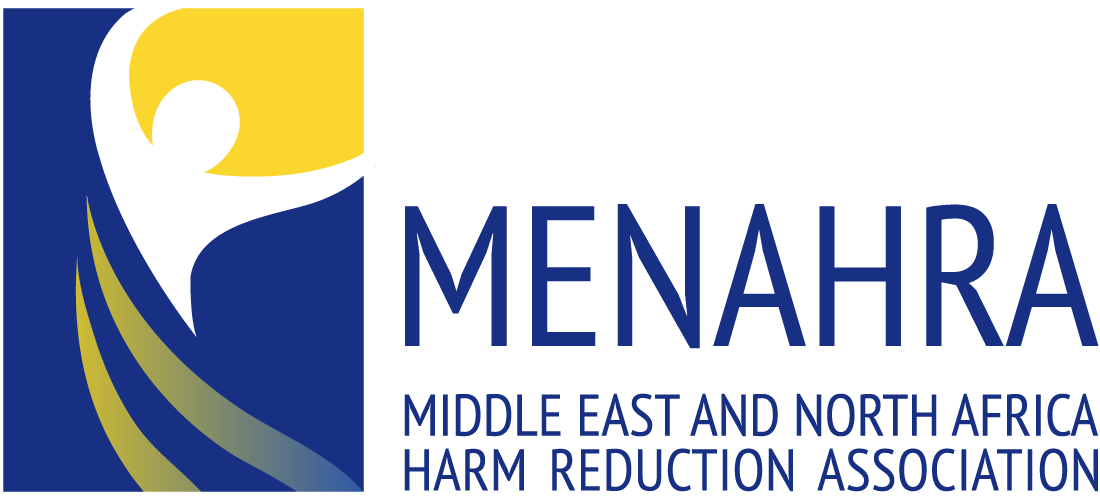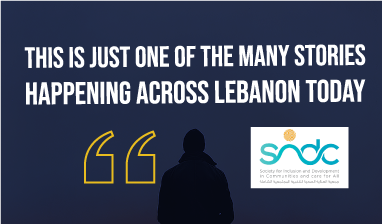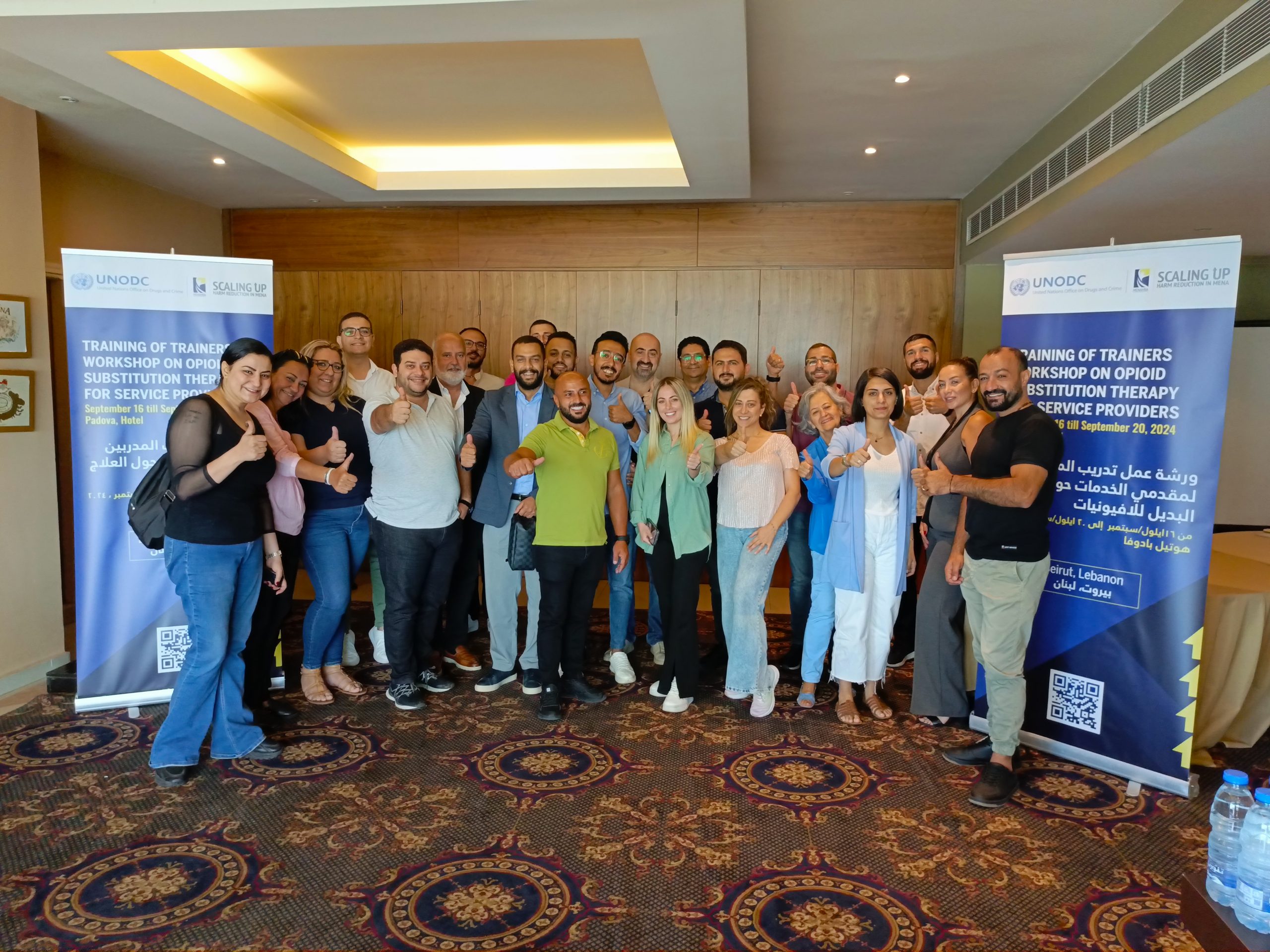Tuberculosis (TB) is a bacterial infection that affects different parts of the body, including the lungs, and can be transmitted from person to person through the air. Although TB is preventable and treatable, it remains a significant public health challenge in the Middle East and North Africa (MENA) region, especially in low-socio-economic communities with limited access to healthcare and high rates of malnutrition.
People living with HIV are at a higher risk of developing TB, which is the primary cause of death among them. Unfortunately, the MENA region has a high prevalence of HIV/AIDS, which exacerbates the burden of TB. Ending TB is crucial, especially for people living with HIV, as TB can impede their access to HIV treatment and care. Moreover, TB typically affects young adults, which leads to reduced productivity and earnings. By eliminating TB, we can not only save lives but also promote economic development and enhance the quality of life for people living with HIV.
Several initiatives have been launched to address the issue of TB in the MENA region. The Stop TB Partnership, a global initiative established in 2000, aims to eliminate TB as a public health problem by supporting countries in their efforts to implement effective TB control programs. Additionally, World TB Day is observed annually to raise awareness about the signs and symptoms of TB, encourage people to seek medical attention if they experience symptoms, and promote the importance of completing treatment for TB.
Working together, we can end TB and create a healthier and more prosperous future for all, particularly for people living with HIV. Raising awareness of the link between HIV and TB and taking action to eliminate TB once and for all is essential.






